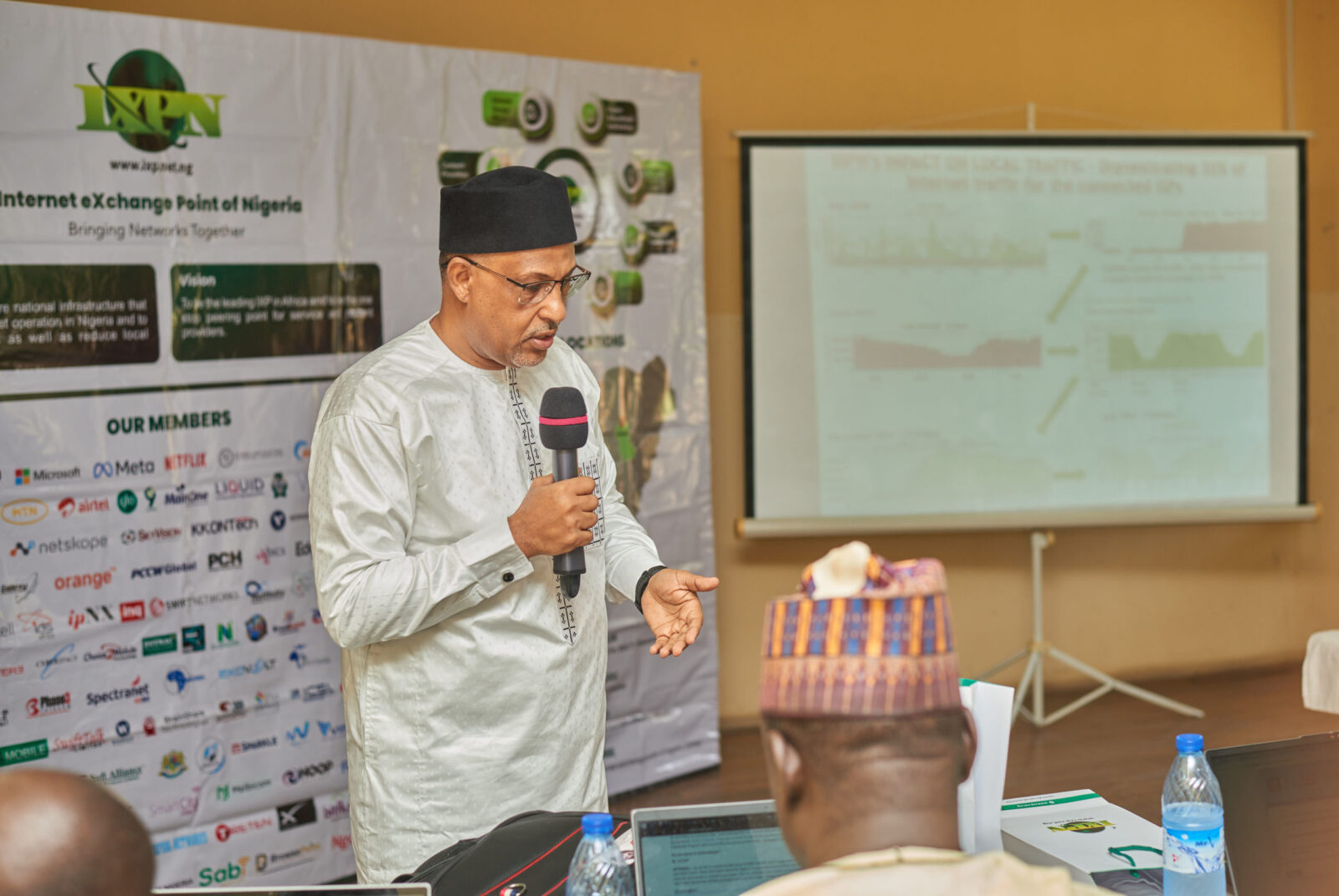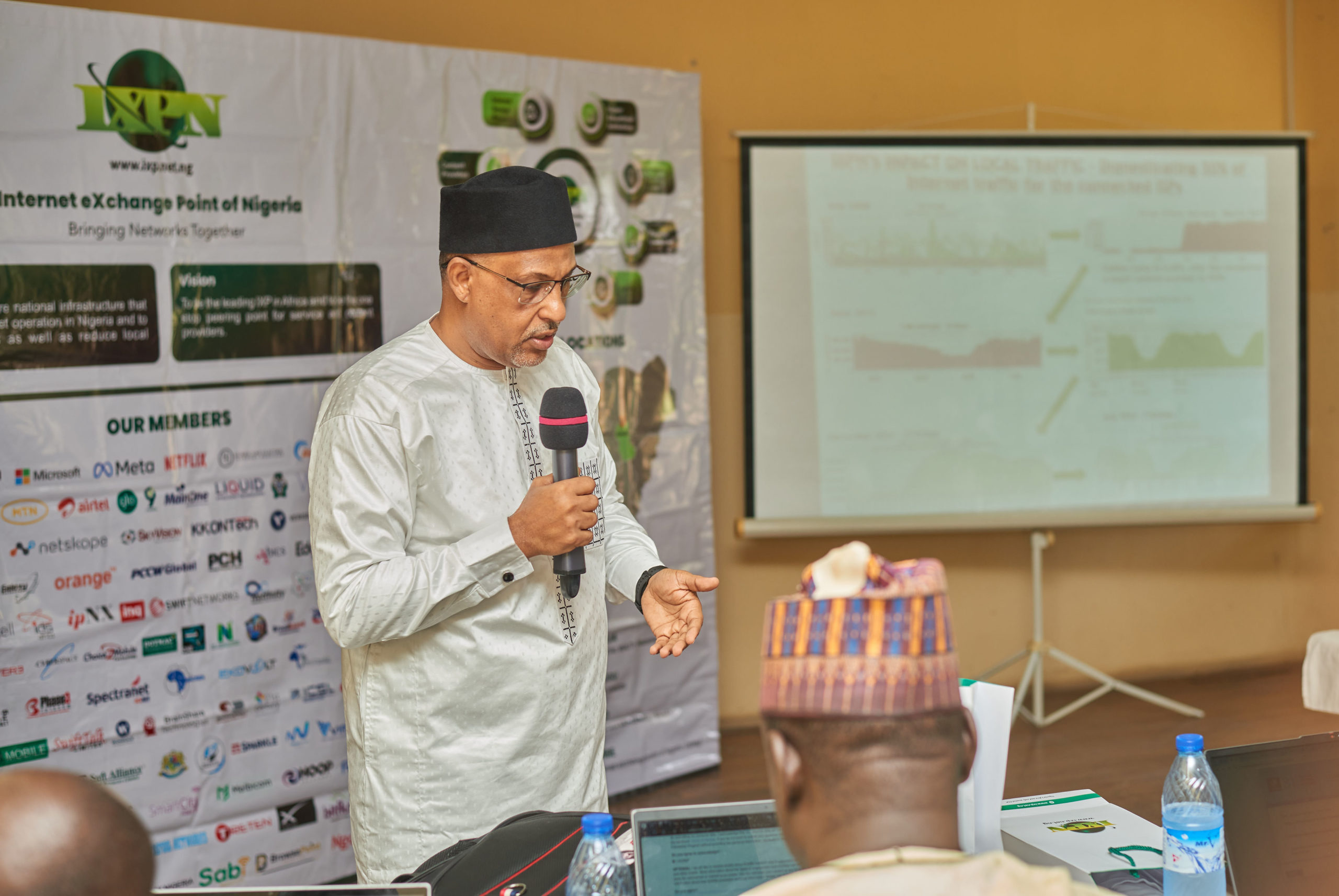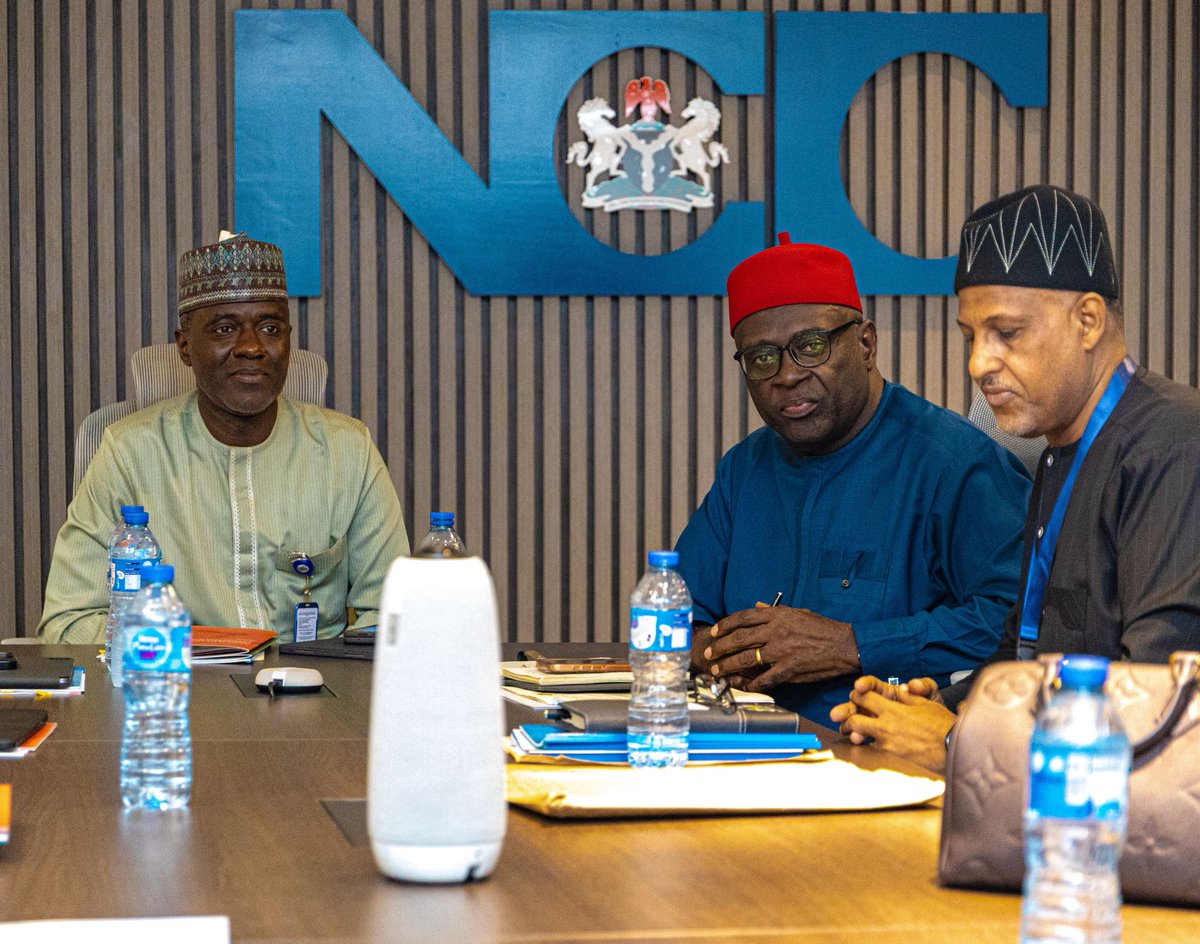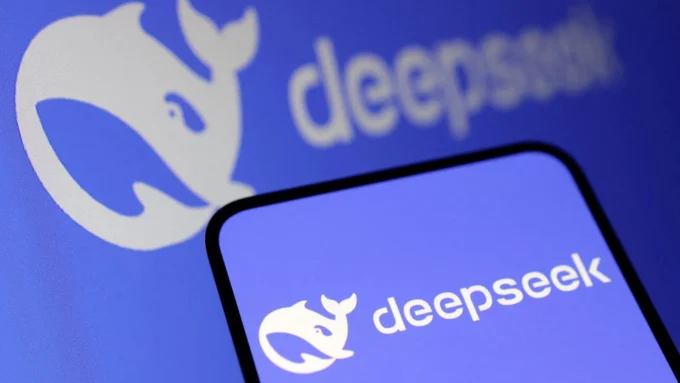Tech moves fast—stay faster.
Tech moves fast—stay faster.
Nigeria’s Internet Has a Border Problem—IXPN Wants to Keep 80% of Traffic Local by 2030


By Farhan Ali • June 23, 2025
In 2006, if a user in Lagos tried to access a file hosted on a server in Abuja, chances were the request would travel halfway around the world—through Europe or the United States—before completing the roundtrip. At that time, only 0.01% of Nigeria’s internet traffic stayed within the country’s borders.
The inefficiencies were staggering:
- Latency was unnecessarily high.
- Internet costs were inflated by international transit fees.
- Nigeria’s digital economy remained dependent on foreign infrastructure.
That’s the legacy the Internet Exchange Point of Nigeria (IXPN) has been working to overcome—and they’re making serious progress.
What Is IXPN?
IXPN is Nigeria’s first carrier-neutral internet exchange, functioning as a central hub where ISPs, mobile networks, and cloud providers interconnect to exchange data locally—without international routing.
Founded in 2006, IXPN is now responsible for facilitating the bulk of Nigeria’s domestic peering traffic, drastically improving how Nigerians access services ranging from YouTube to financial apps.
Progress and Targets
- Current Status (2025): Between 40% and 70% of all internet traffic now stays within Nigerian borders, depending on region and ISP.
- Goal by 2030: Ensure at least 80% of all Nigerian traffic is exchanged domestically.
- Infrastructure Growth: IXPN has added new exchange points in cities like Kano, Port Harcourt, and Enugu.

Why Localizing Matters
- Speed: Lower latency improves performance for everything from Netflix to Zoom.
- Cost: Reduces reliance on expensive undersea cable bandwidth.
- Security: Domestic routing means better control over sensitive data and faster government response to cyber threats.
- Digital Sovereignty: Strengthens national infrastructure resilience amid geopolitical shifts.
Challenges
- Adoption Gaps: Smaller ISPs still rely on cheaper but slower international transit routes.
- Infrastructure Parity: While IXPN is growing, local data centers and content delivery networks (CDNs) need to scale in parallel.
- Policy Delays: Regulatory frameworks often lag behind technical innovation, especially in ensuring data privacy and neutrality across exchanges.
Strategic Partnerships
IXPN is working with global and regional stakeholders to scale capacity:
- Equinix: Supporting international content hubs closer to Nigerian exchanges.
- Google & Meta CDNs: Already caching regional data in Lagos, reducing dependence on overseas servers.
- NCC & NITDA: Supporting local hosting incentives and backbone connectivity.

Conclusion
As Nigeria races toward digital maturity, controlling the path of its data is no longer just a technical goal—it’s a matter of economic and national security. If IXPN hits its 80% target, Nigeria won’t just be surfing the internet. It’ll finally be building it—from the inside out.
Additional References:
- TechCabal (@techcabal)
- Internet Exchange Point of Nigeria (@ixpnigeria)
- Equinix Africa (@equinix)
- PeeringDB Nigeria Section (@peeringdb)
- Nigerian Communications Commission (@nccgovng)
Explore more
China’s New ‘ASEAN Visa’ Aims to Deepen Regional Connectivity and Boost Economic Recovery
By Farhan Ali • June 23, 2025 In a move signaling China’s...
China’s Defense Industry Is Experiencing a “DeepSeek Moment” in Breakthrough and Independence
By Farhan Ali • June 23, 2025 China is no stranger to...
FIFA Selects Jakarta as Regional Headquarters for Southeast and East Asia—Here’s What That Means for Football in the Region
By Evolution Staff • June 23, 2025 Jakarta has taken a giant...
Scoot Named World’s Best Long-Haul Low-Cost Airline by Skytrax—Here’s Why It Matters
By Evolution Staff • June 23, 2025 Scoot, the low-cost subsidiary of...













Leave a comment